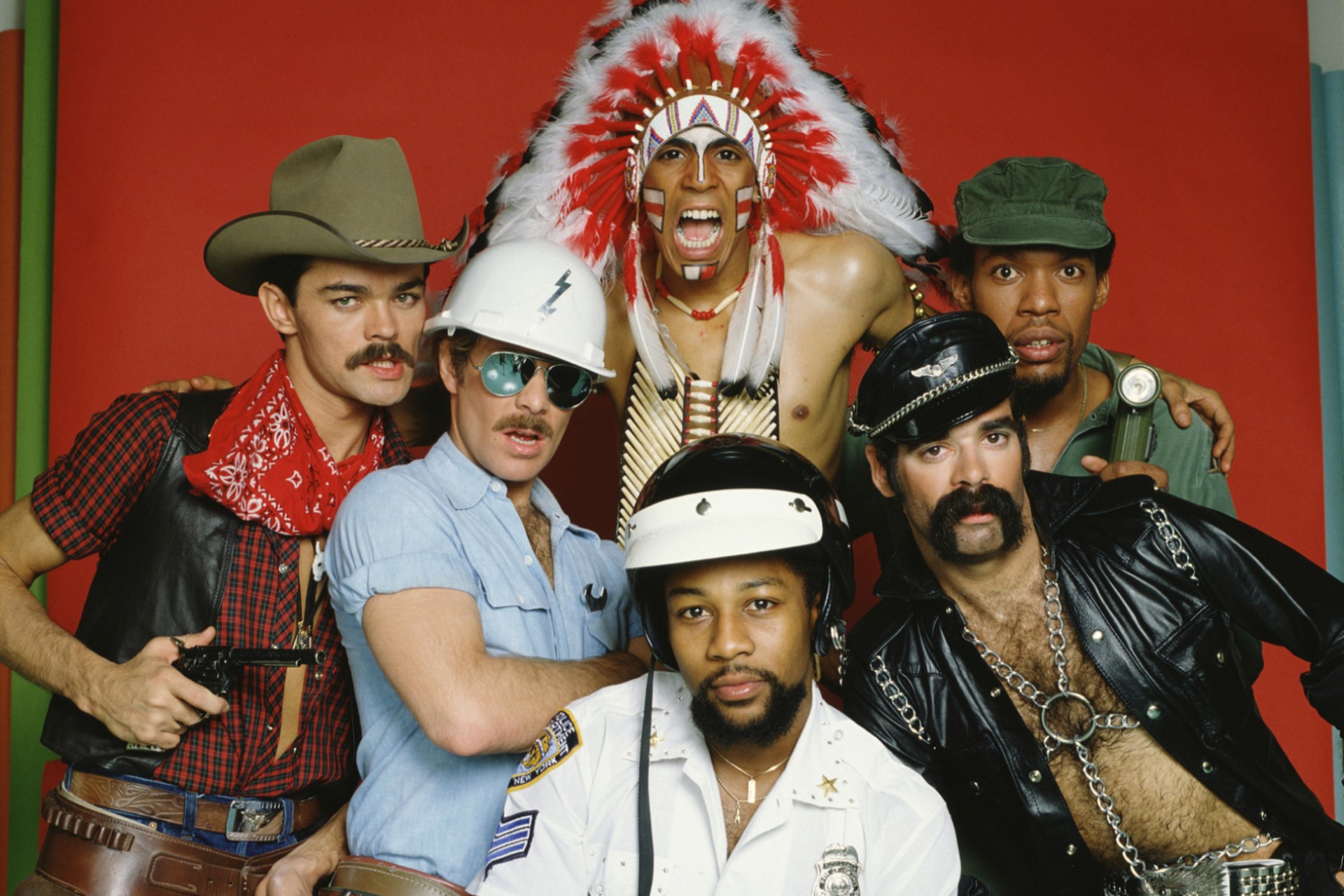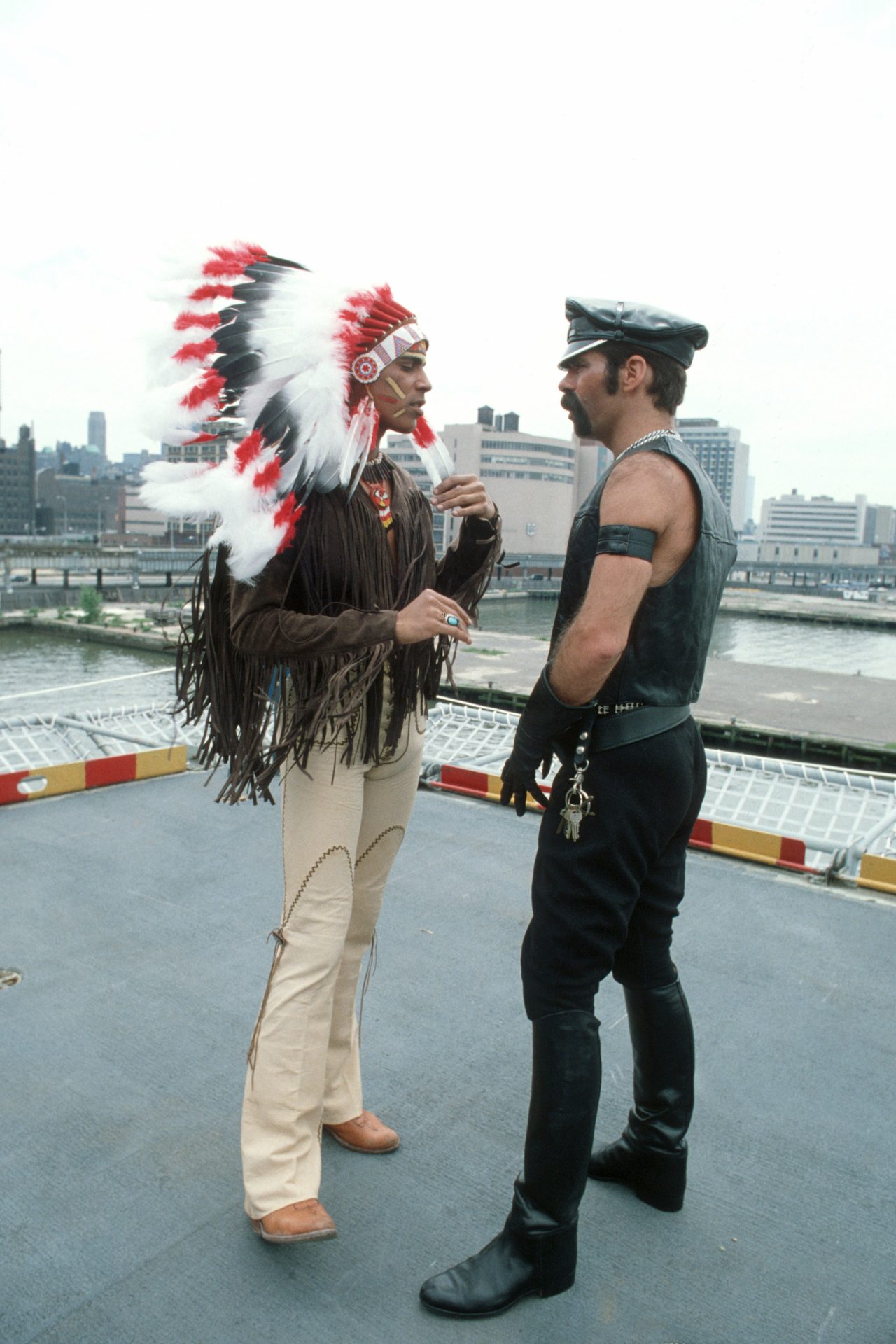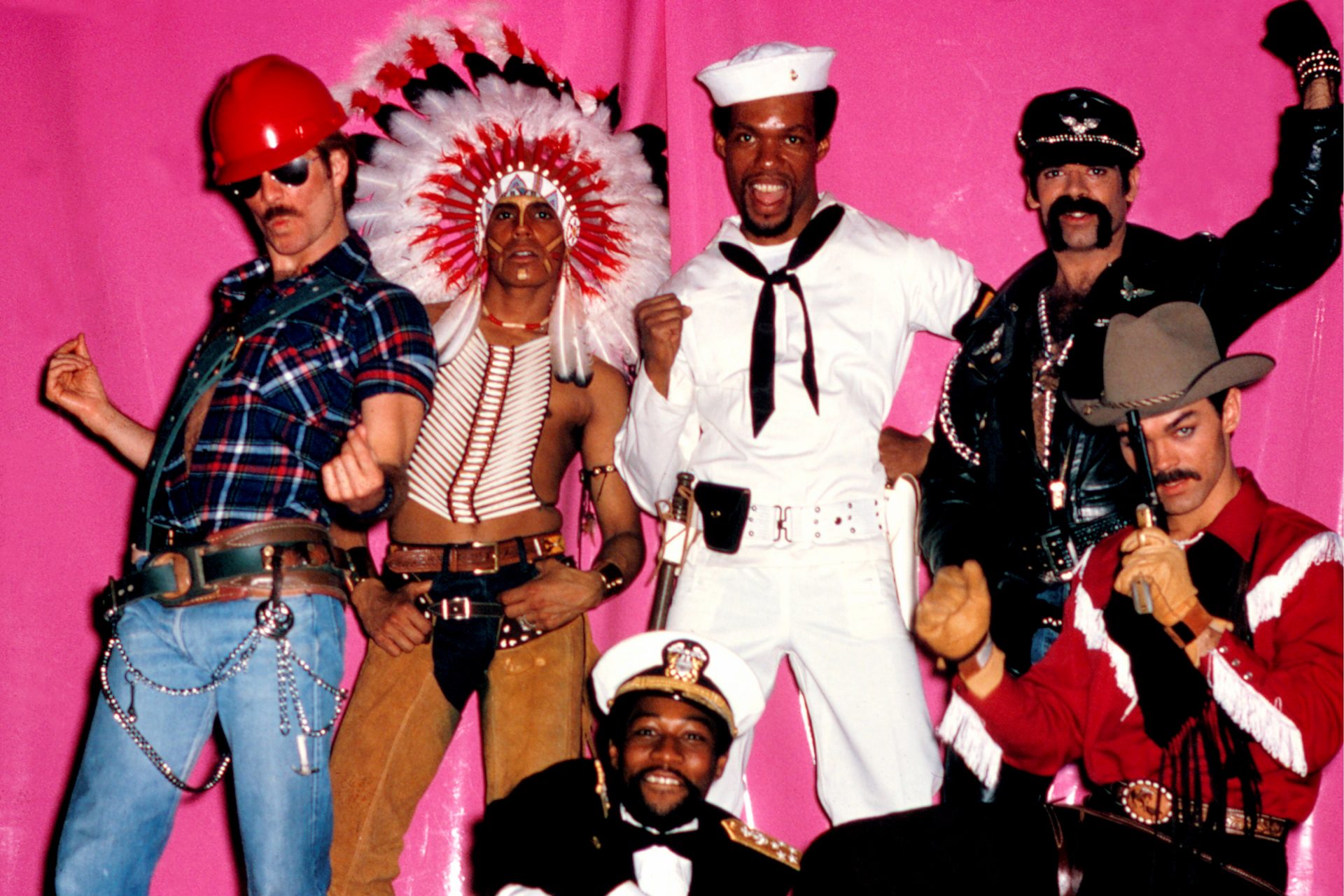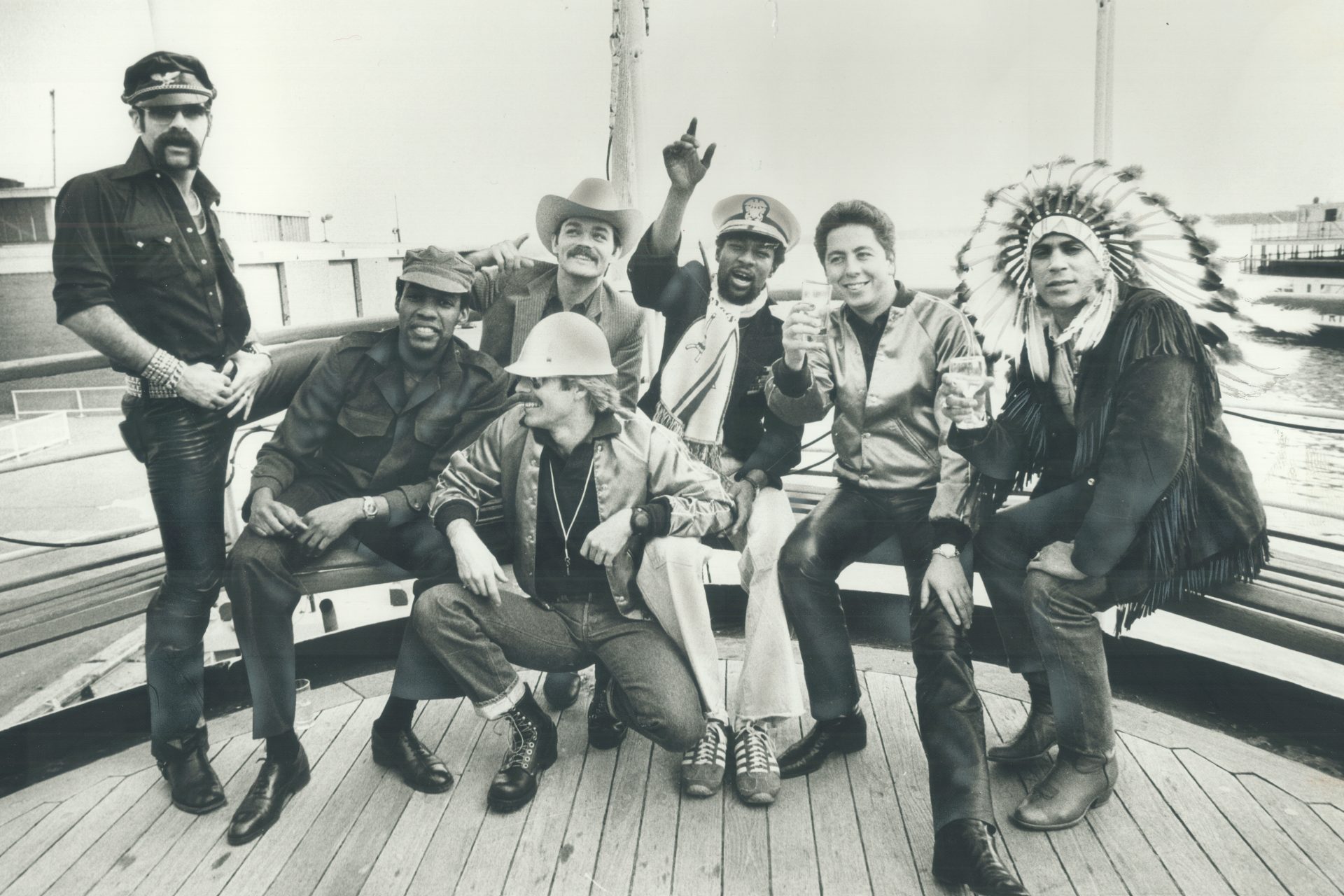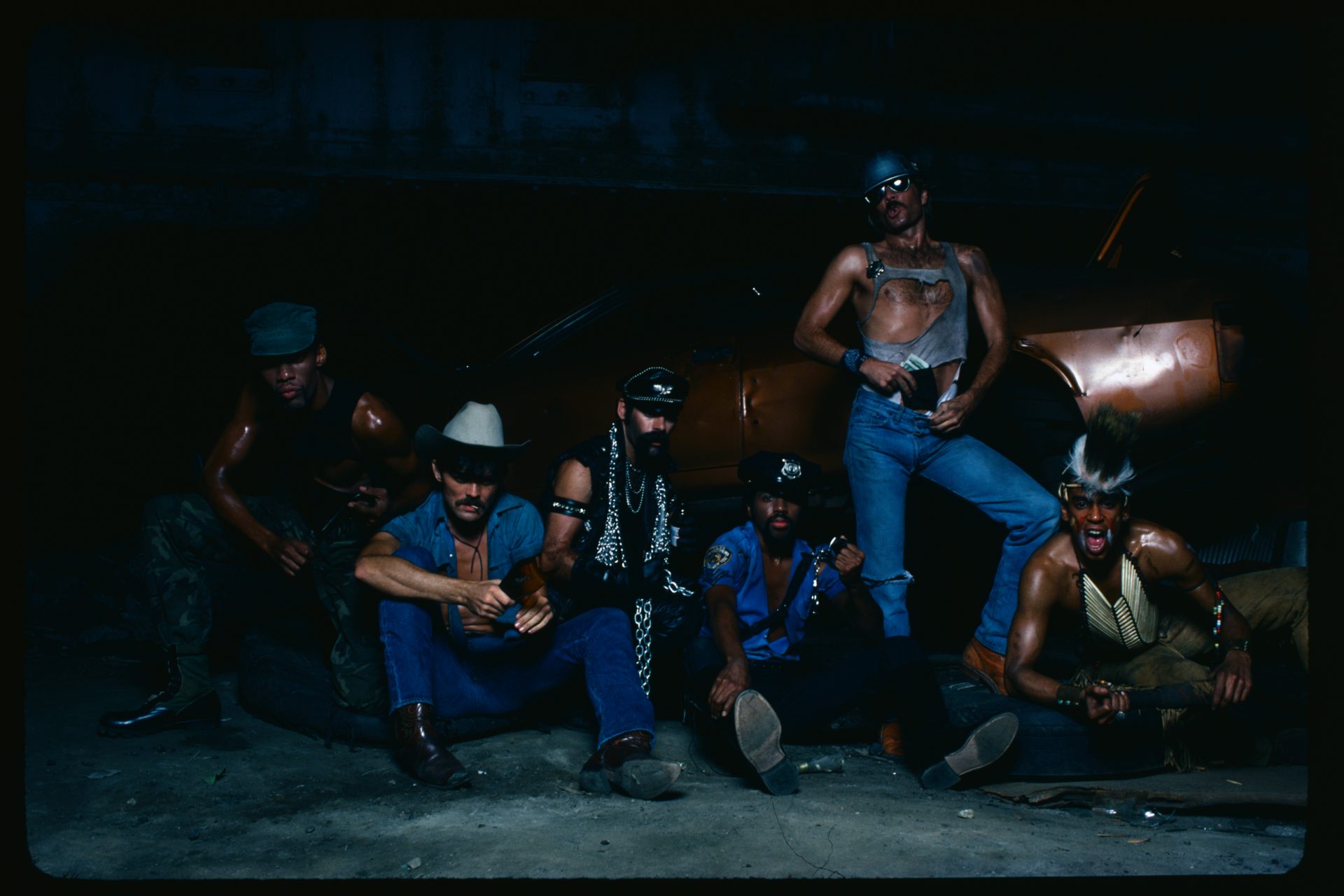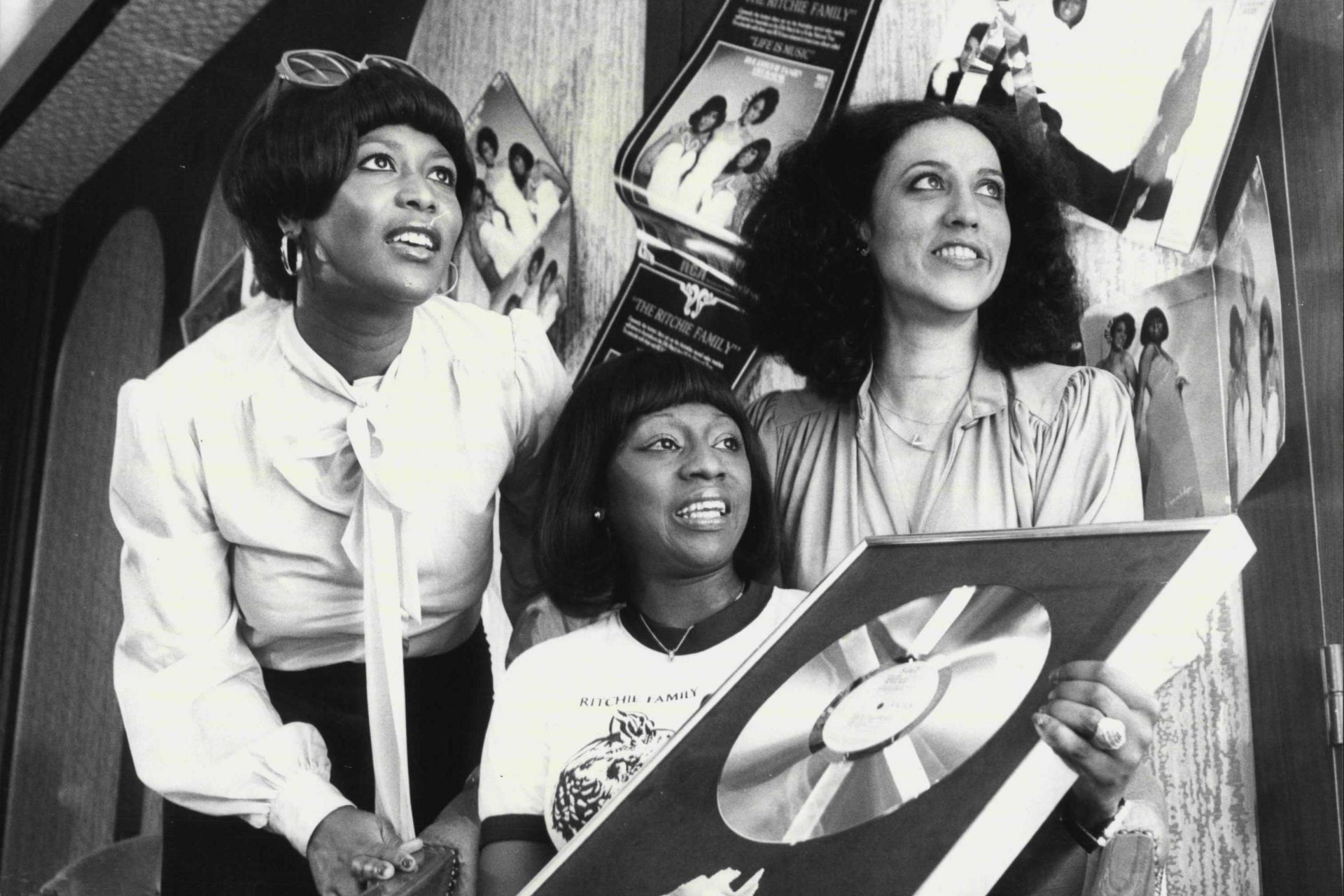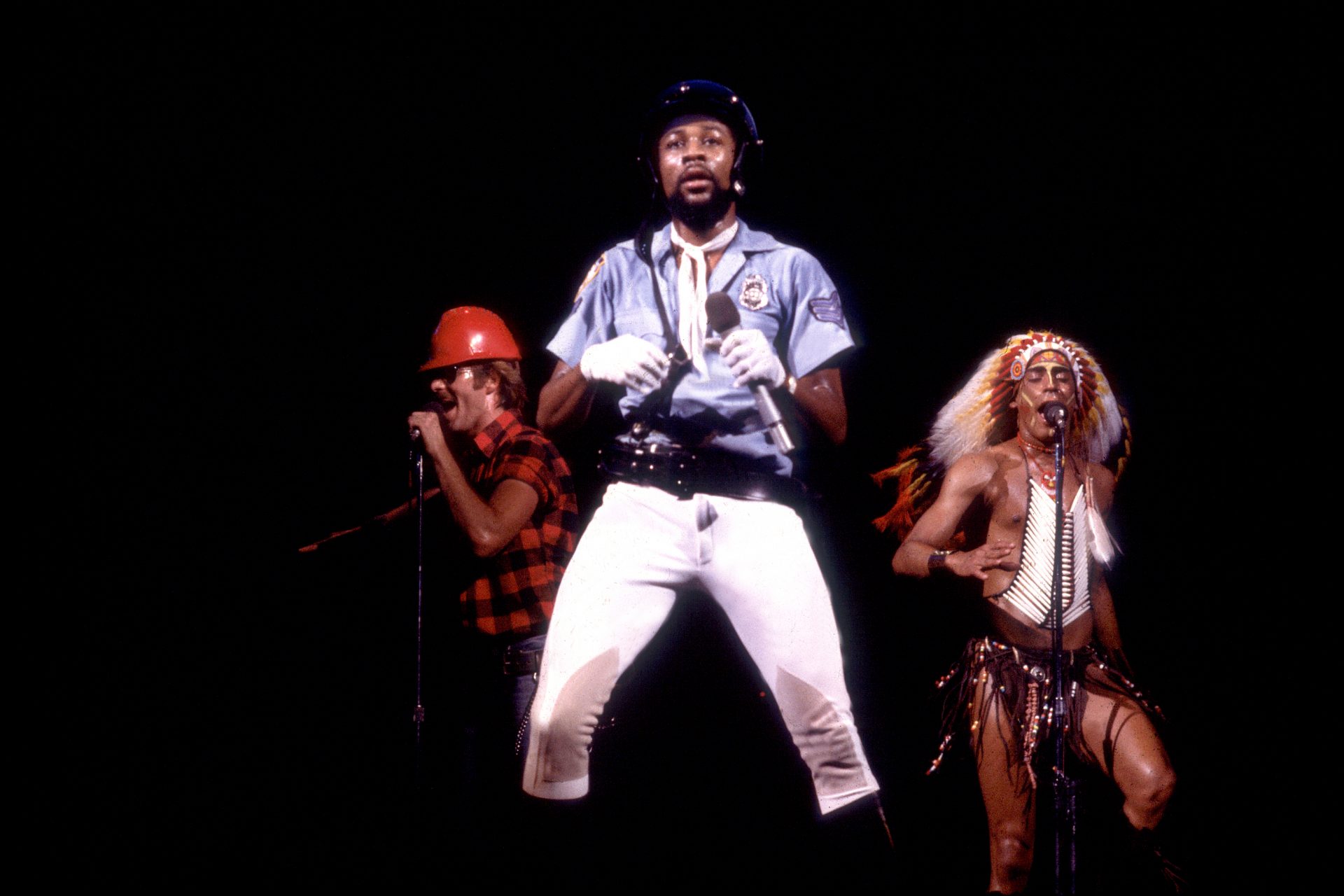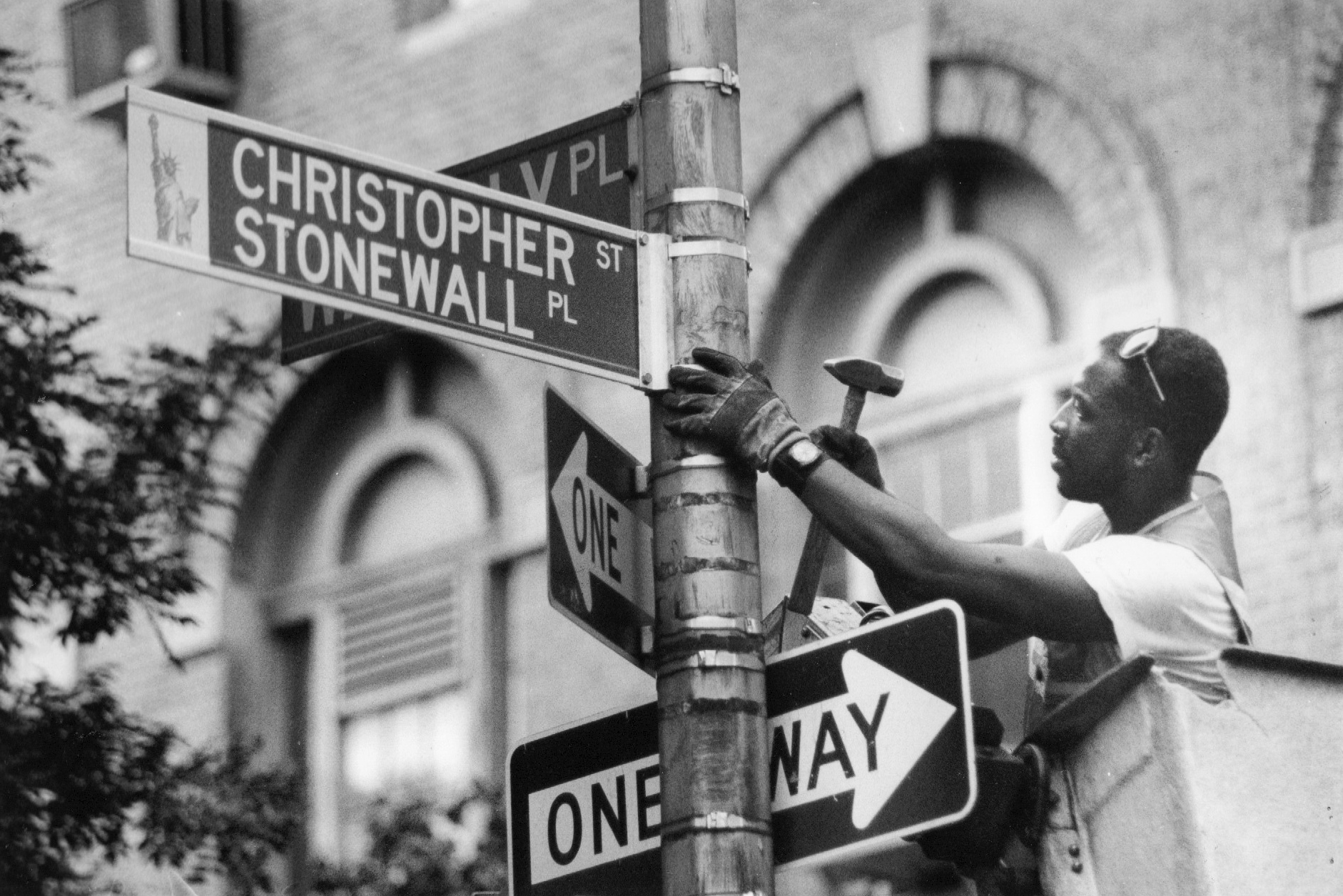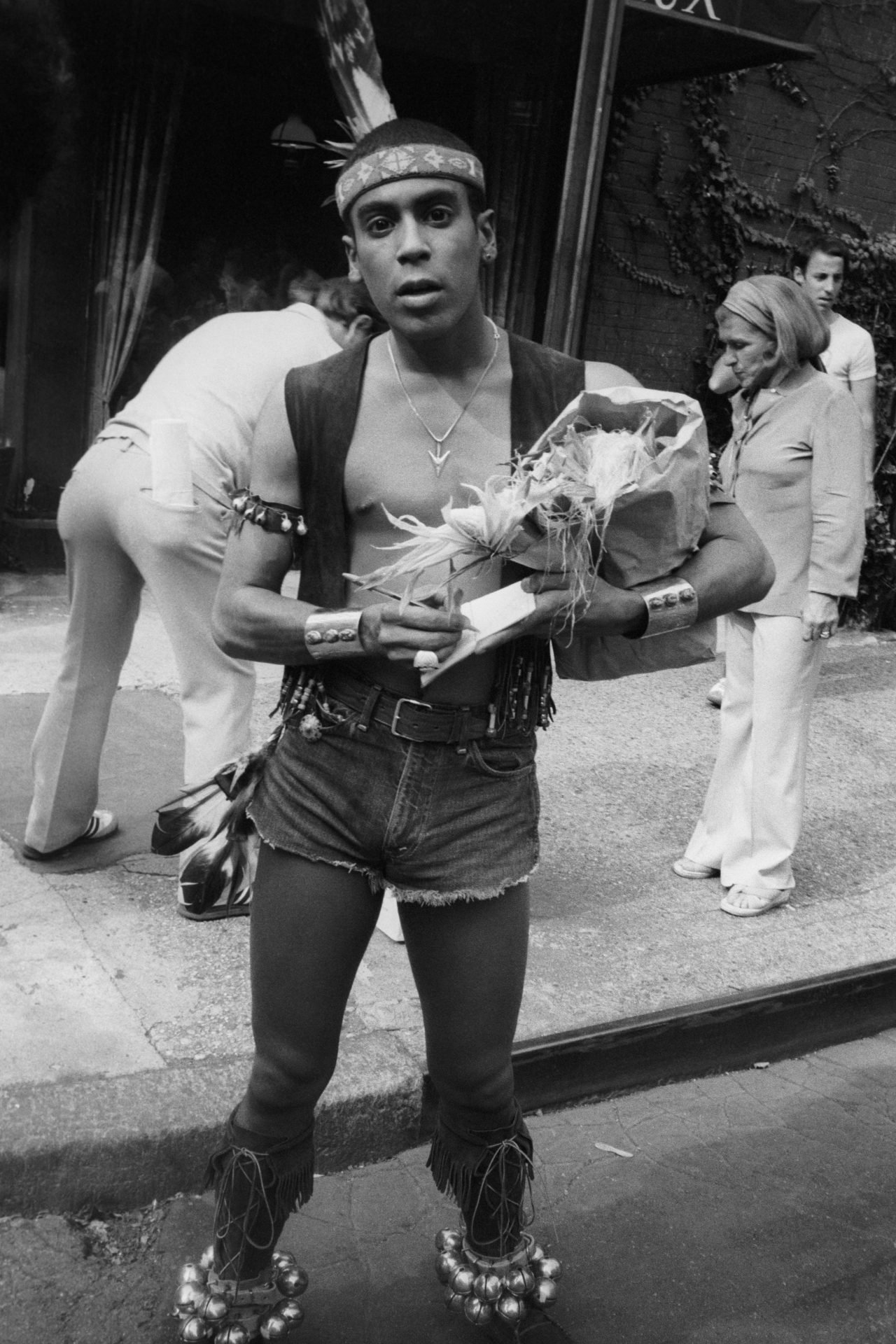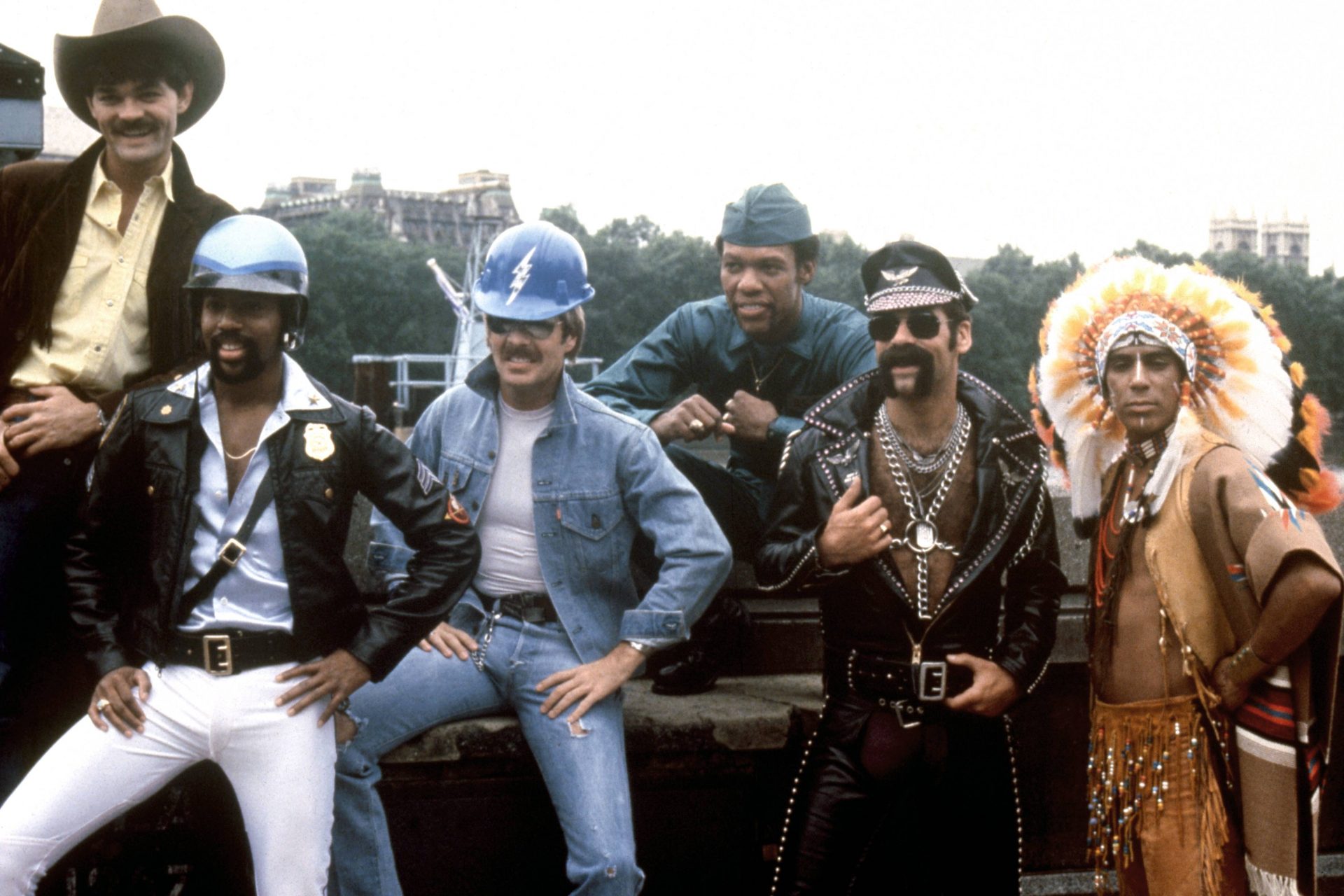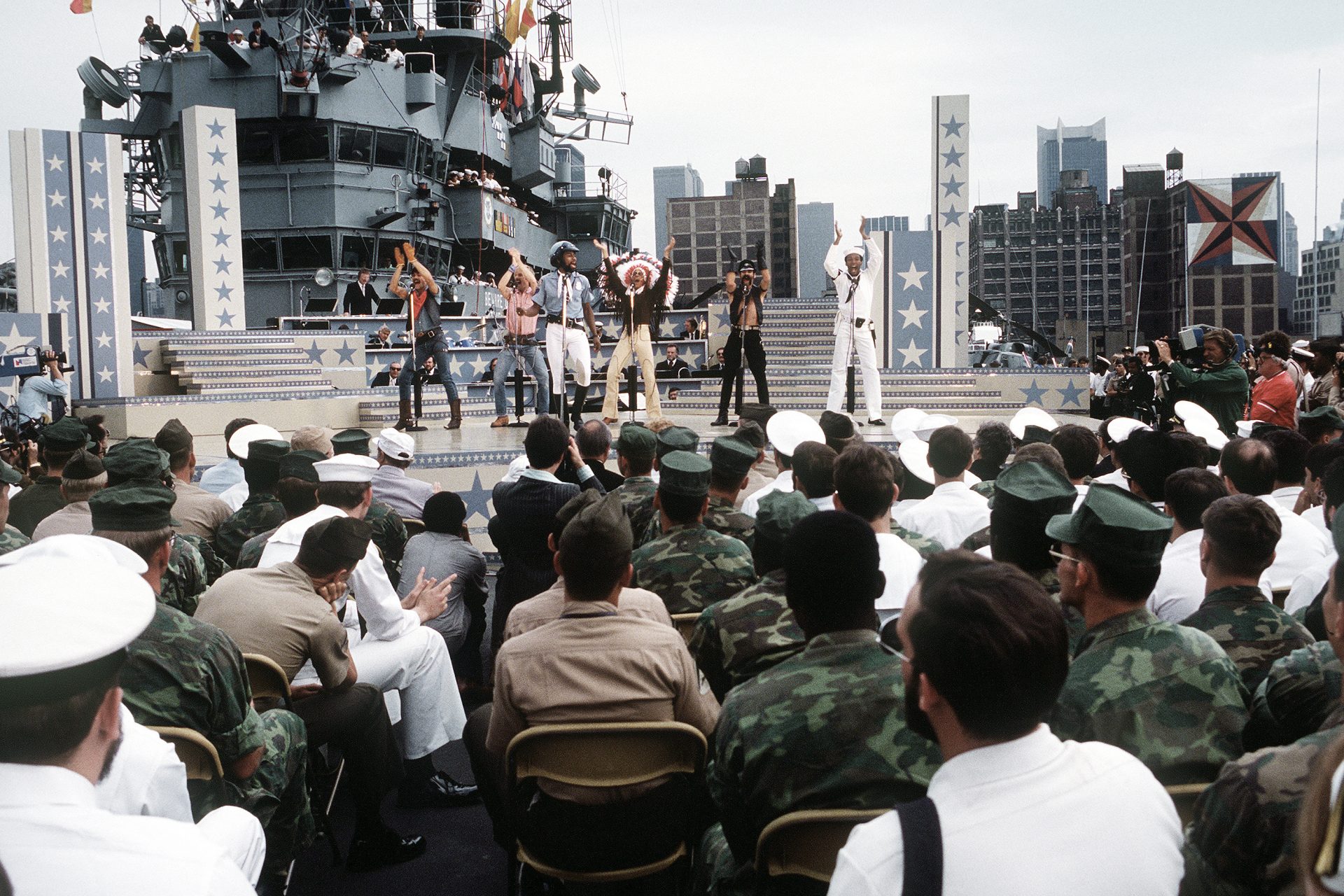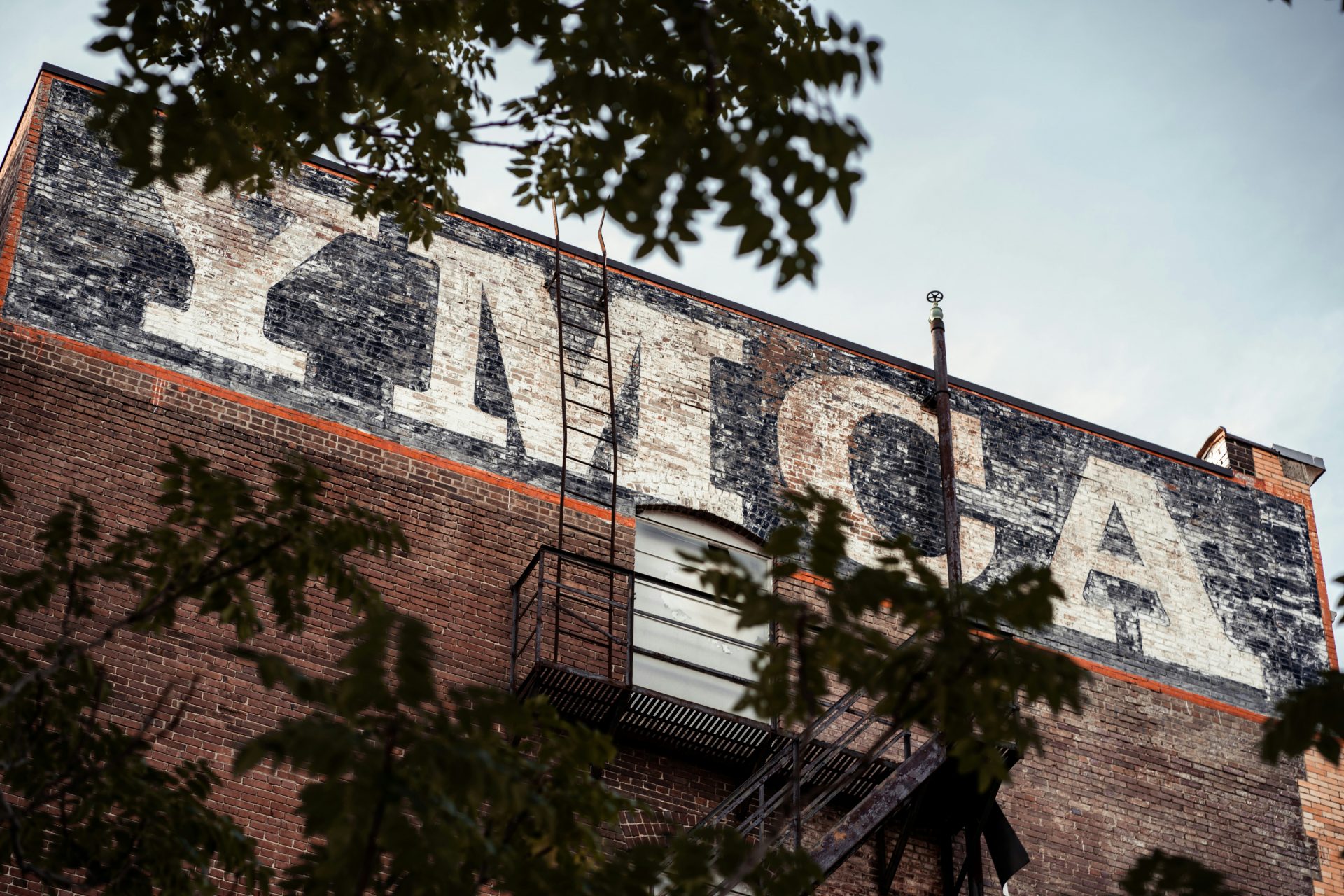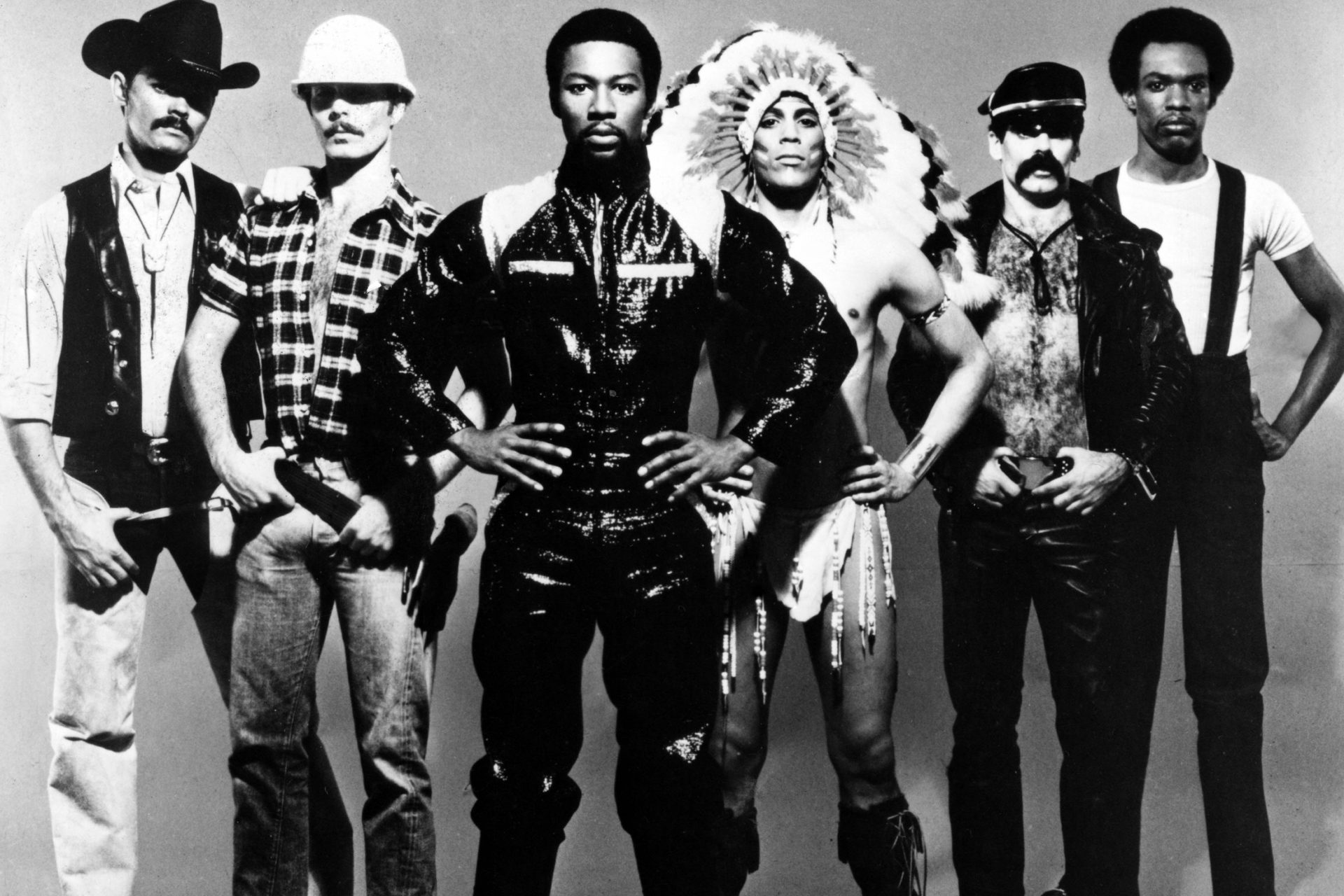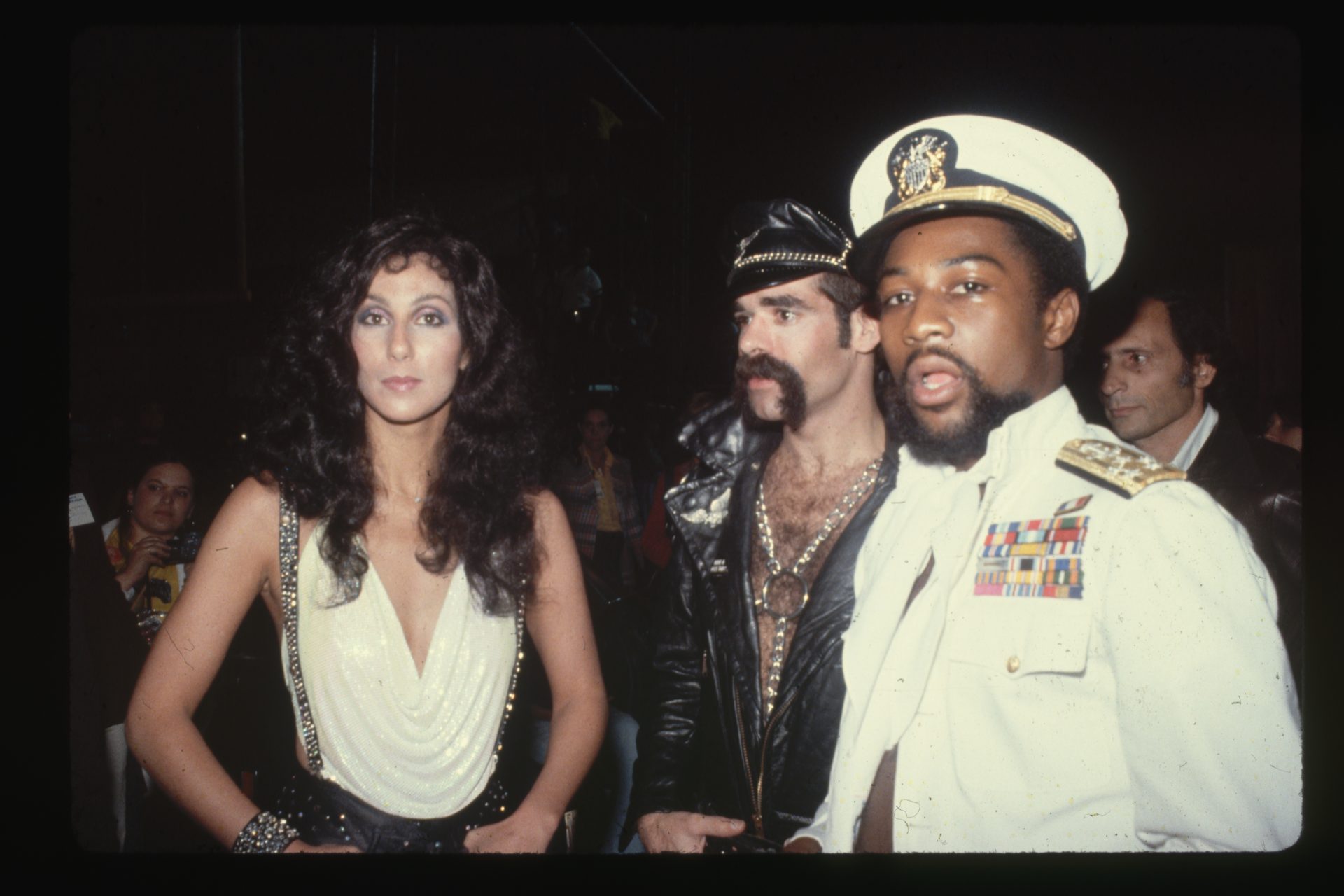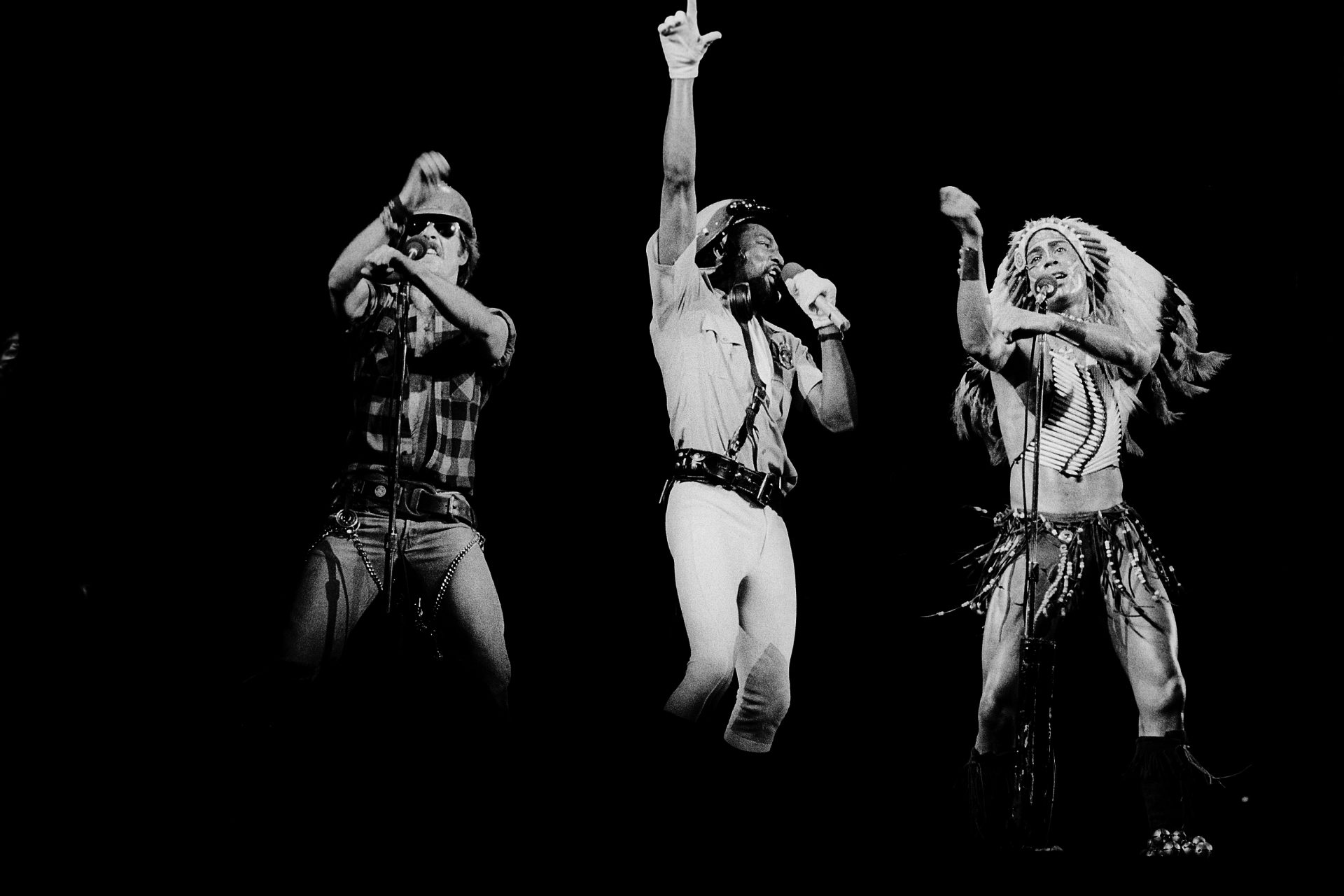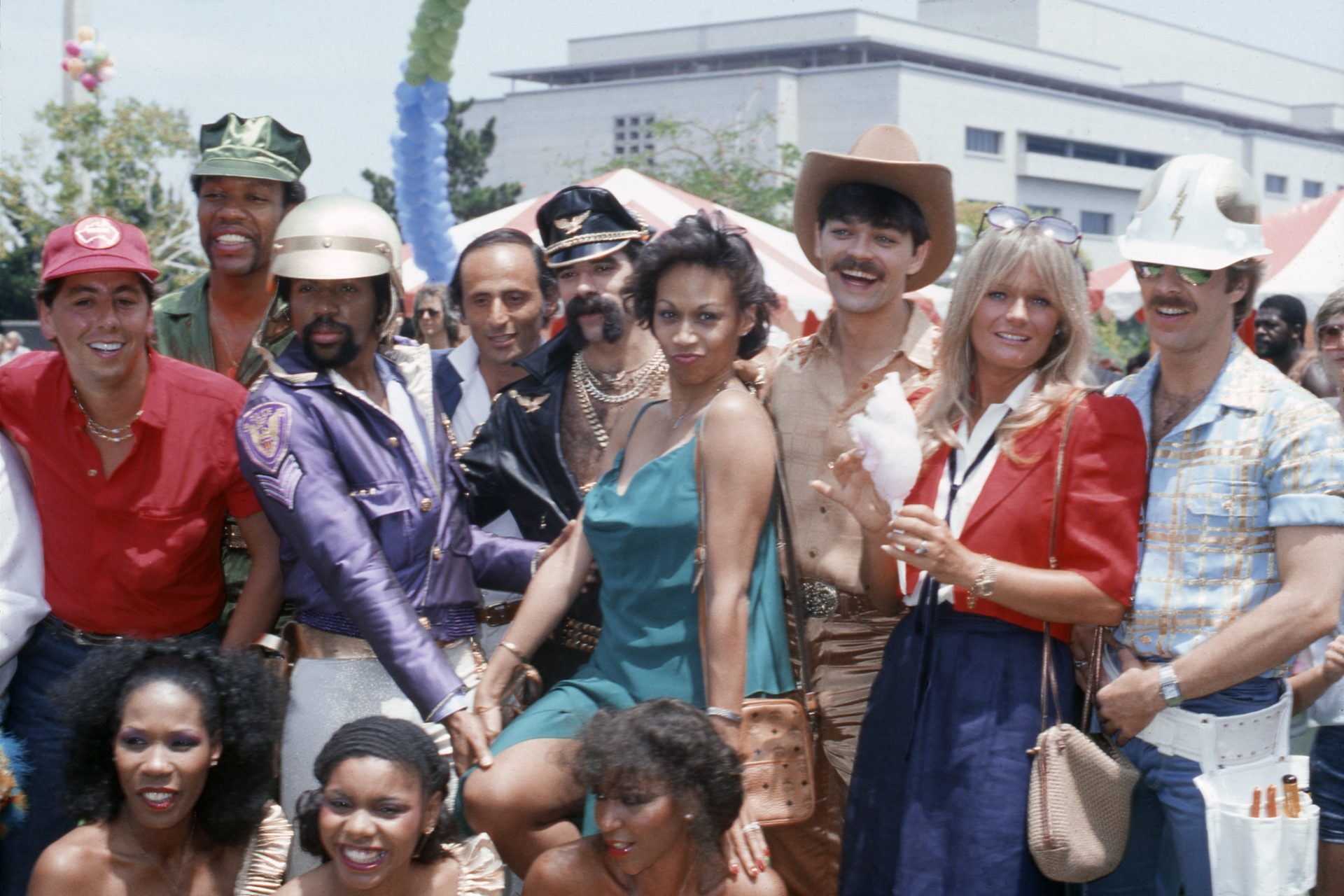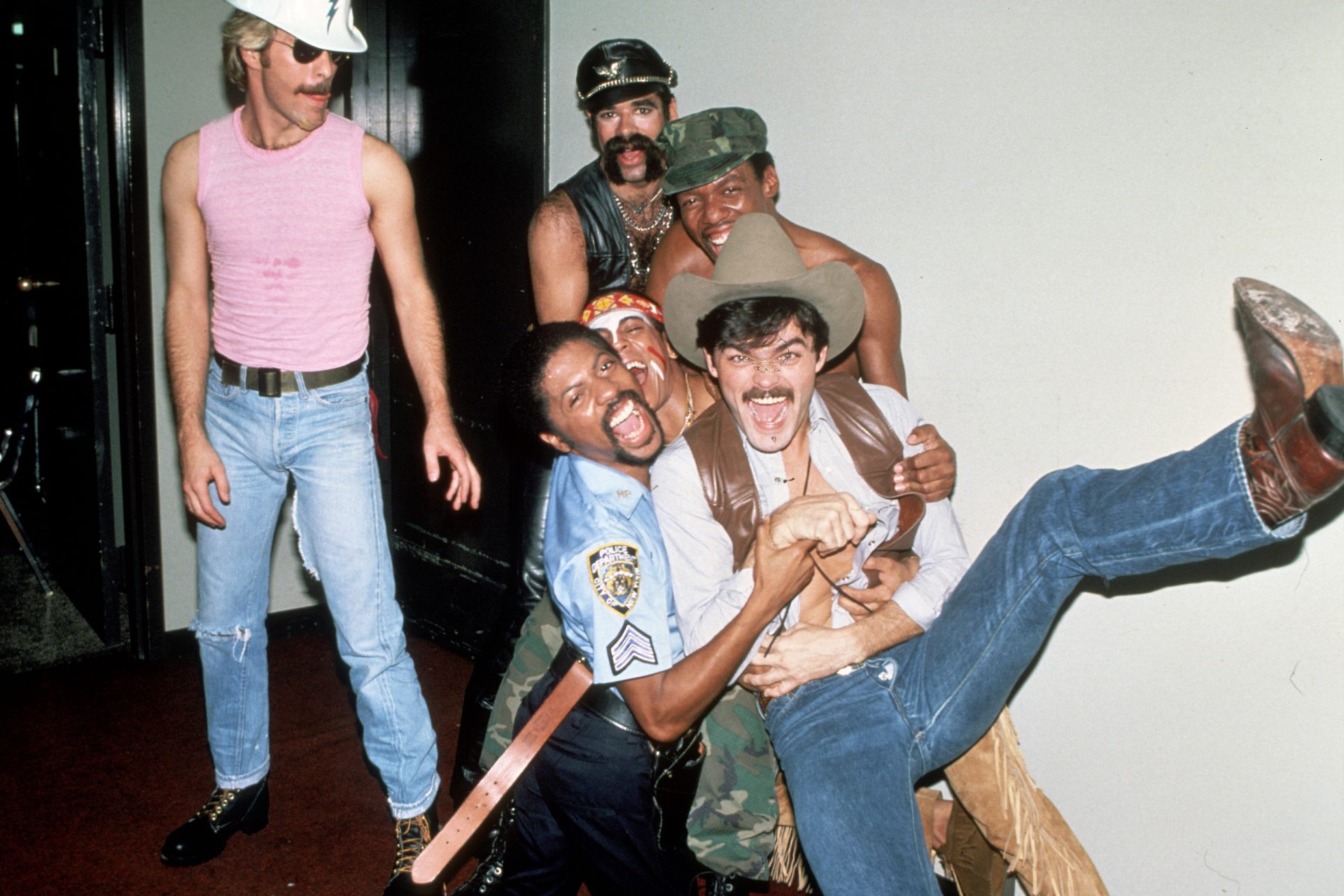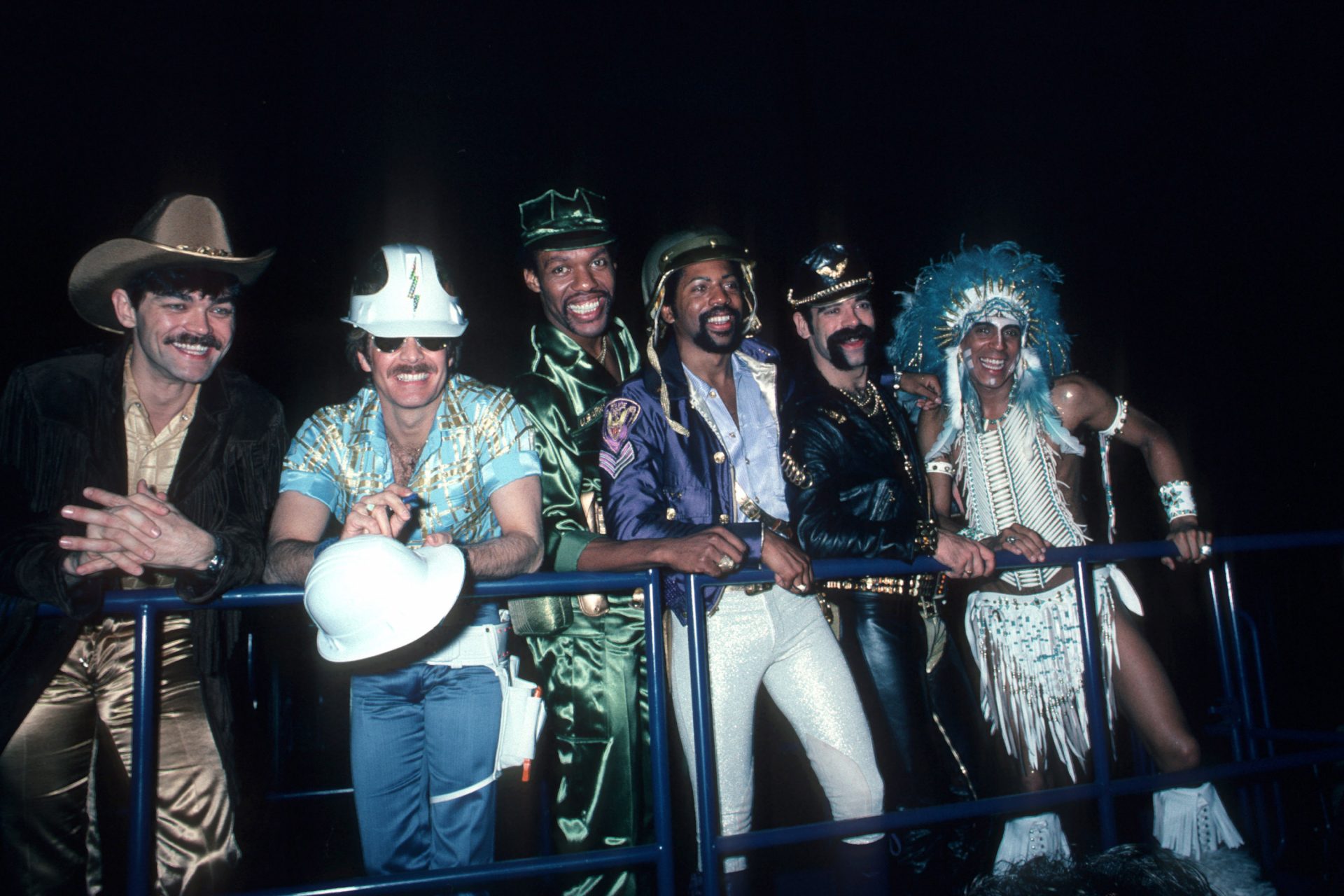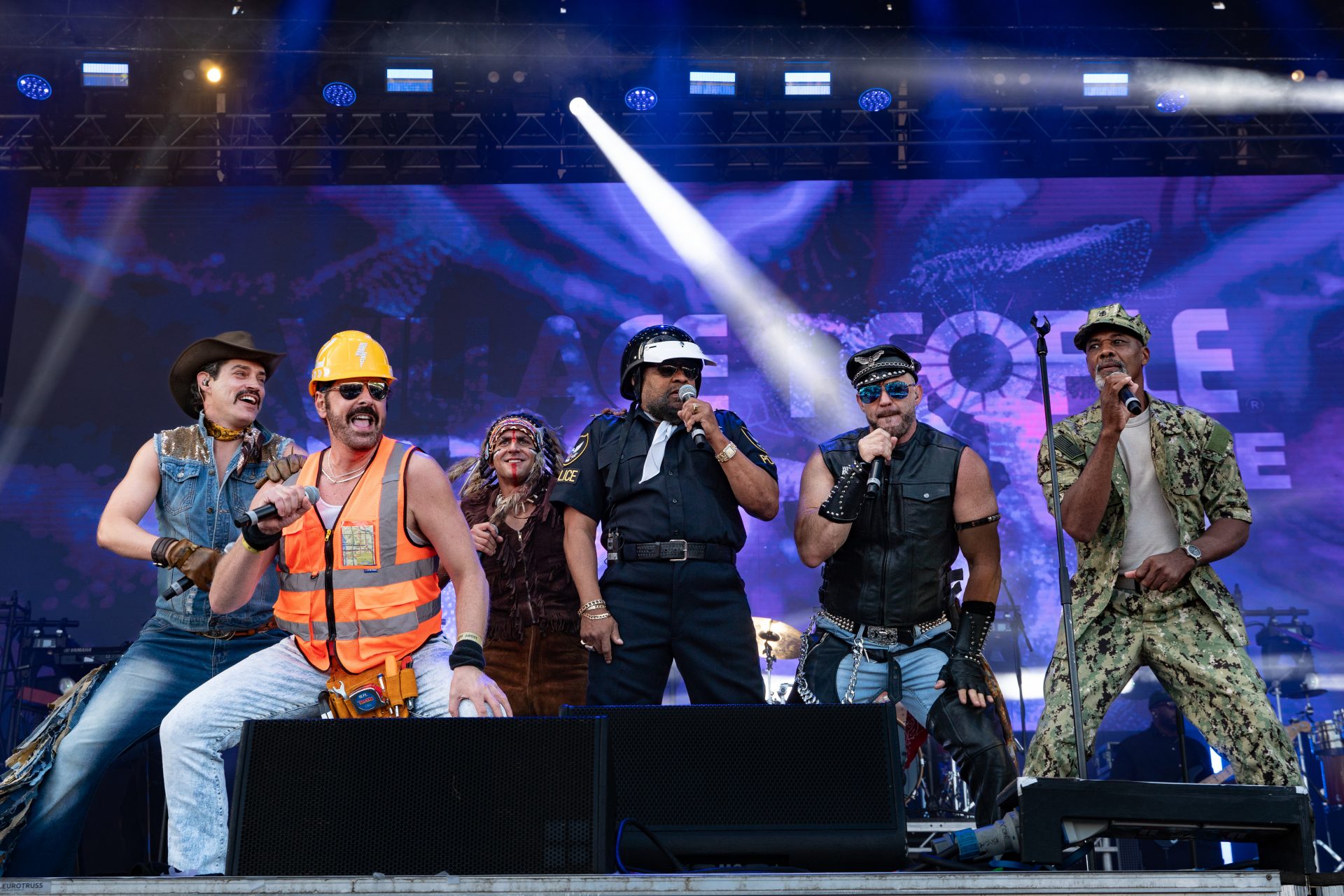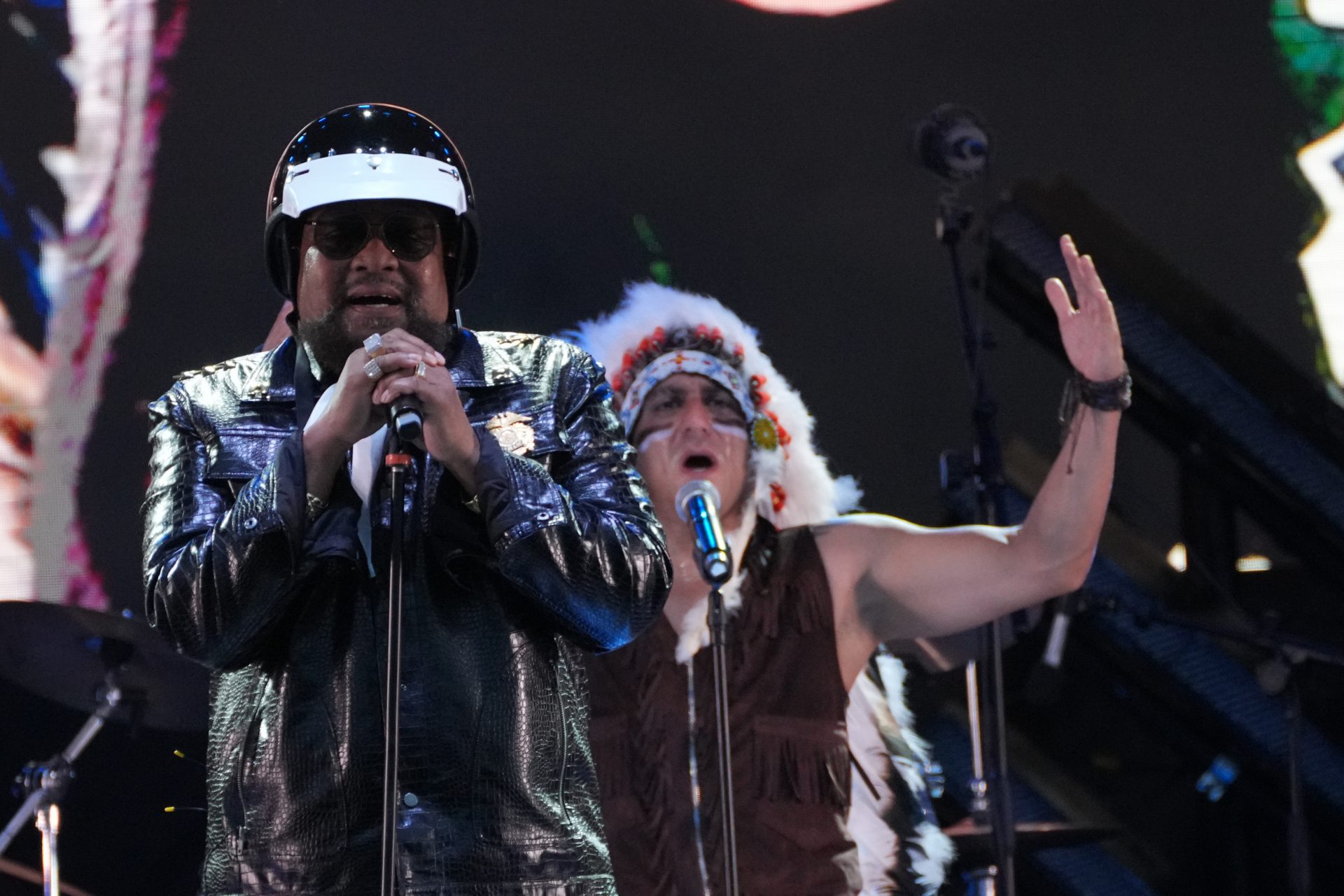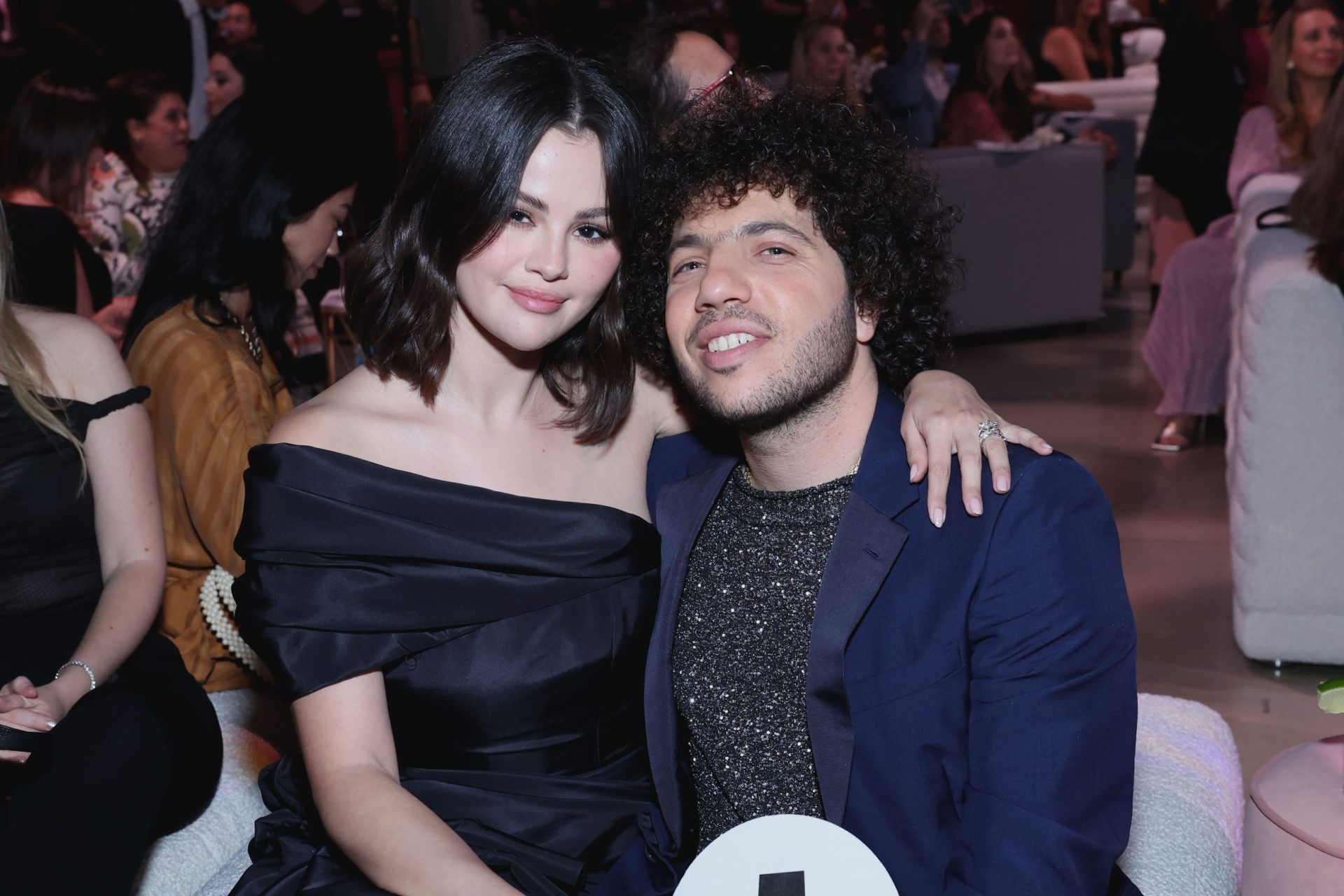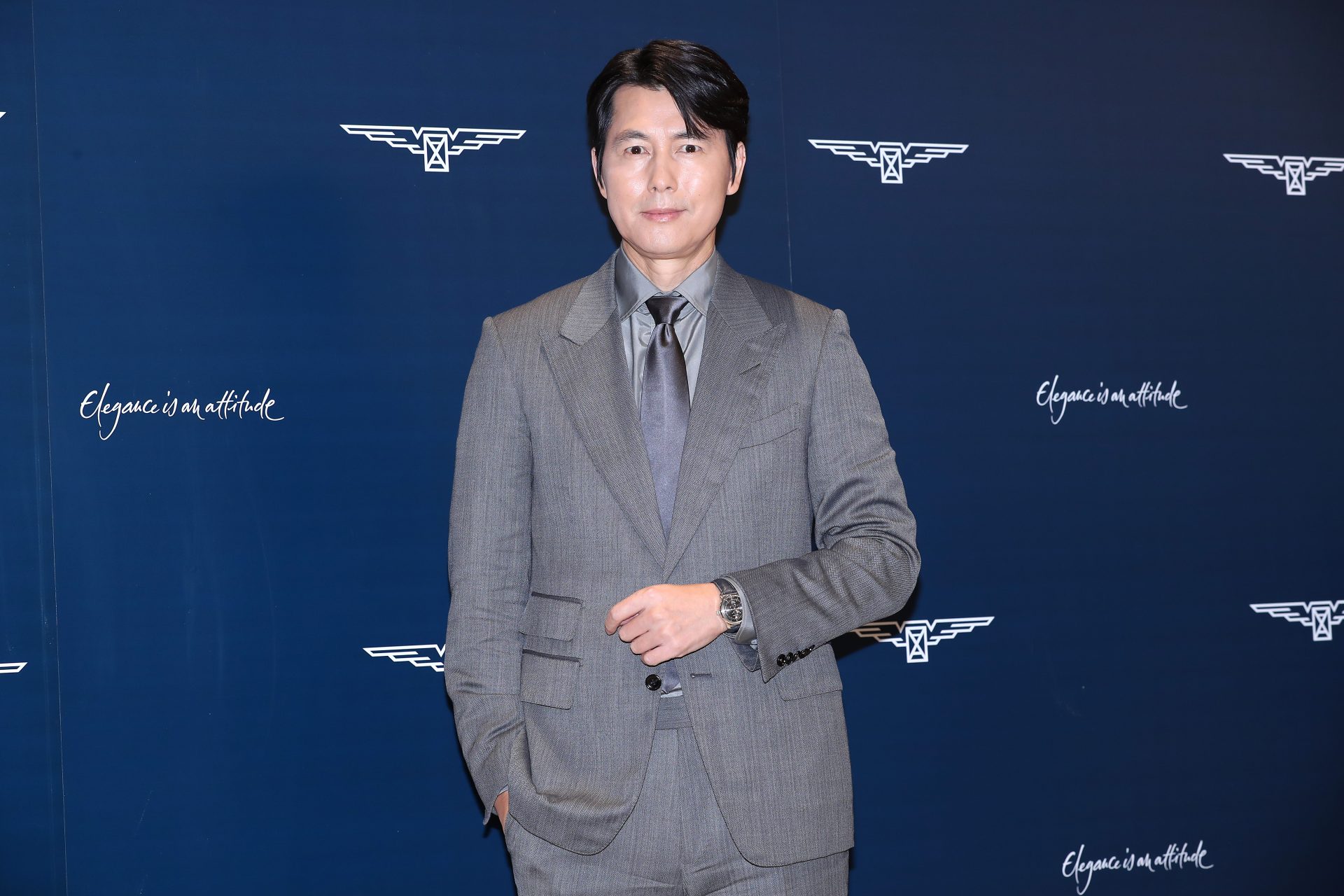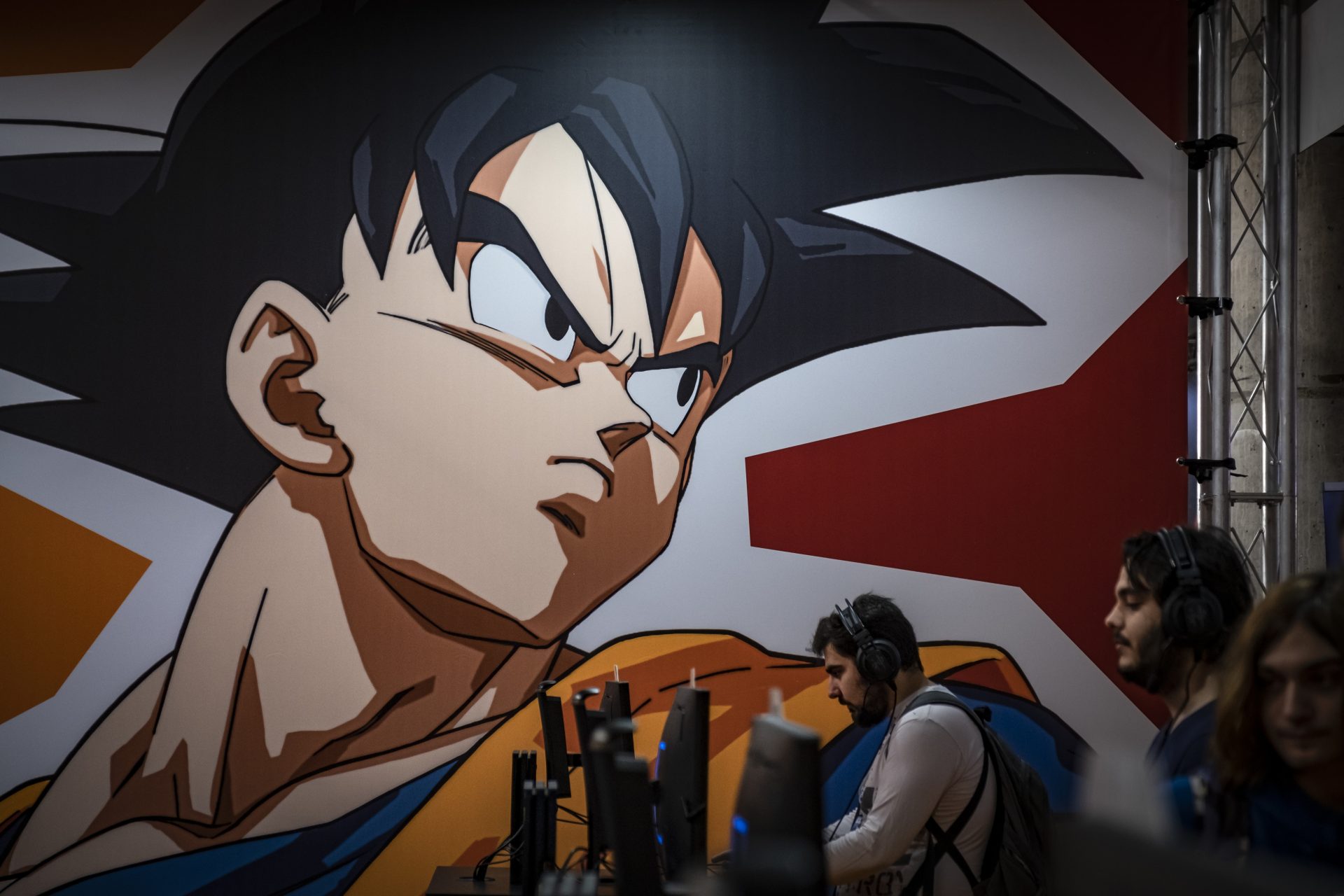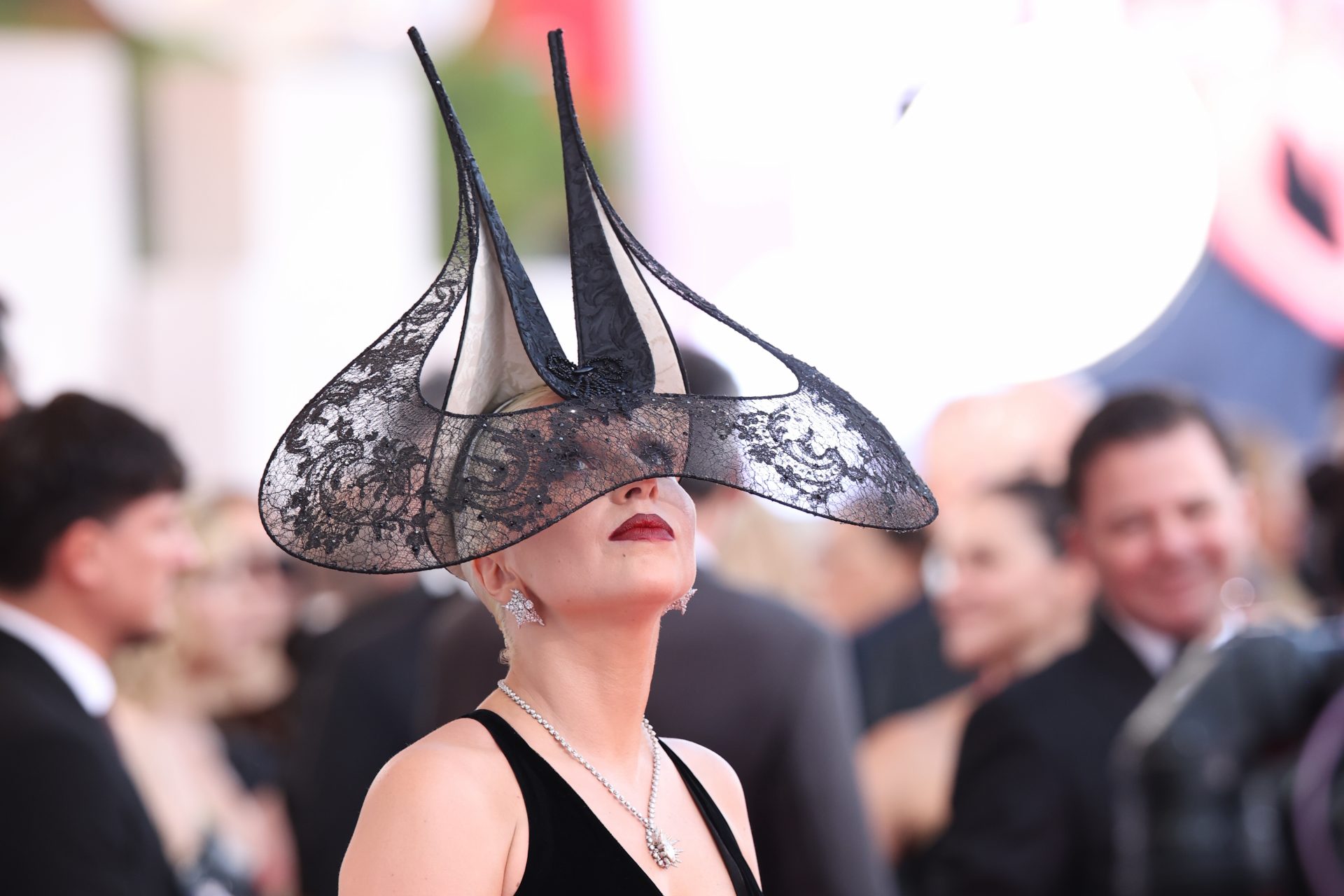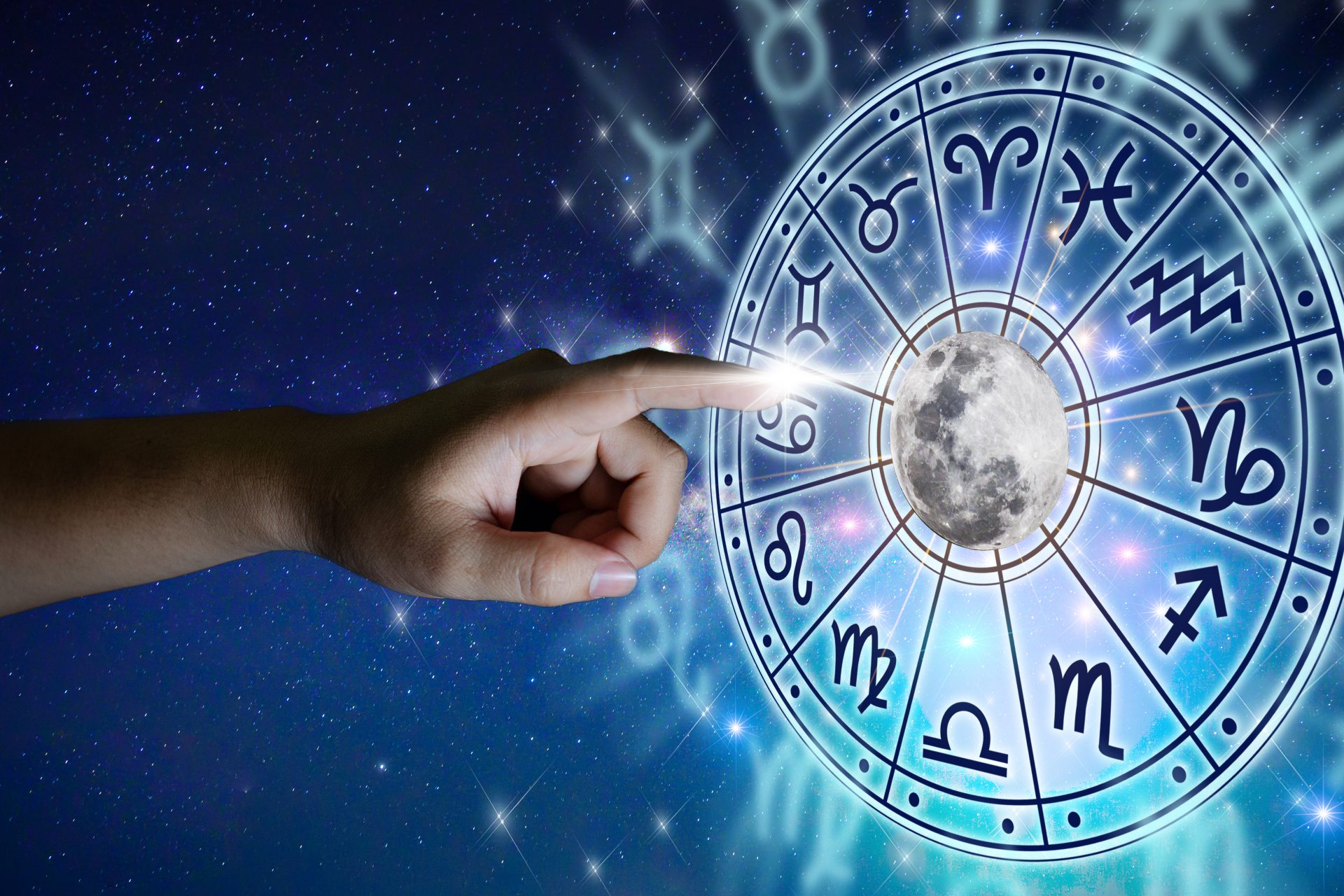The Village People: surprising facts about the headliners of Trump's inauguration
The cop, the constructor, the American Indian, the leather man... These are the most recognizable members of the Village People, a disco group known for their flamboyant costumes, catchy tunes, suggestive lyrics, and fun performances.
Some consider the Village People an icon of LGBTQ culture. Others say they can entertain audiences of all ages, from any place in the world and any political orientation. The leather guy and his friends even perform for the Republican president Donald Trump. So what's the truth?
The answer is: both. The Village People's appearance and performances clearly stem from the gay disco culture in New York City - a place where many from the LGBTQ community gathered. At the same time, however, the majority of the Village People are straight and their producers did not plan to make the group particularly 'gay' either.
As PBS, The Guardian, and ABC remind us, the founders of the Village People were the French producers Jacques Morali and Henri Belolo. Yes, let that sink in: a group that we now consider quintessentially American was actually conceived by two Europeans.
What's more, these producers were not out to make a pro-LGBTQ statement per se. They just wanted to make money from the new musical hype of disco. "If there's money in it, I'm interested," PBS quotes 1970s music labels in the podcast 'Disco: Soundtrack of a Revolution'. "People wanted it, they made it."
In the photo, Jacques Morali is the second man on the right.
Morali and Belolo were amazed by the gay scene in Greenwich Village ('The Village') in New York in the 70s, The Guardian reports. They saw men go out to dance in costumes that depicted 'typically masculine' professions or identities, like the constructor, cowboy, or 'indian'. Such 'role play' inspired them to form a disco group with similar characters.
At the time, they spent most of their days in the studio, trying to make the next big hit. They worked on singles like 'Brazil' from The Richie Family, for example. Then, their composer suggested the African American singer Victor Willis take the lead in a new disco group.
The original concept was to just record disco tracks and make money fast and easy. As the Village People website states, producer Morali told Willis: "I had a dream that you sang lead vocals on an album I produced, and it went very, very big. I have four tracks. I can't pay you much right now but if you agree, I'll make you a star."
The first album was just a record without performers to promote it. However, after its success, the producers decided to turn the Village People into a stage act. In 1977, Morali and Belolo held auditions, looking for 'young men with moustaches' in New York, PBS reports.
The producers found Felipe Rose (the 'American Indian', photo) dancing in costume at a nightclub, but most other members did auditions to be in the group.
The dancers were dressed in the now-iconic costumes. Each represented a stereotypical 'macho' profession or subculture. The police officer, Victor Willis, was the only real singer of the Village People. The other vocals were by background singers in the studio.
To play with the image of the masculine types, the group released 'Macho Man,' which is one of the favorites even today at Trump rallies. However, 'Y.M.C.A.', released in 1978, became the Village People's most famous song. It's a silly dance track that became a favorite at weddings and sporting events over time.
Despite its general appeal, 'Y.M.C.A.' hints at themes from the gay scene. Going to the gym together, with men exclusively, was the lyrics' clearest nod to gay culture. And they even went to the gym of the Young Men's Christian Association!
The tongue-in-cheek references to gay culture were subtle enough for general audiences to not take offense, PBS reports. Victor Willis, the 'cop', lead singer, and brain behind many Village People songs, told PBS that he wasn't gay and wrote for "the mainstream".
"When I would write lyrics, it could be taken by any type of lifestyle, more than just one," he said in the radio documentary. "I wanted to write it to where it could be comfortable for gay people or it could be comfortable for straight."
Photo: Paul Zoetemeijer / Unsplash
Still, there were some controversies. As the group members tell PBS, they managed to get the U.S. Navy to help them shoot the video for their iconic 'In the Navy'. It could be a good recruitment song, the Navy thought, and they lent the disco men its ship 'USS Reasoner'. However, when Navy authorities saw the Village People's subversive image, they backed out of the agreement.
Over time, though, the U.S. Navy realized that the enormous hit had generated more recruits for them. Henri Belolo, the producer, was even made "commanding officer of the frigate USS Reasoner making him an honorary sailor,", The Guardian states, "in recognition of the outstanding contribution... to the morale of USS Reasoner, to the cause of navy retention and the support of navy recruiting."
To show how fluid the membership of the Village People was, we only have to look at lead singer Victor Willis. He left the group in 1979 due to creative and personal differences but later rejoined in the 2000s for select performances.
Most members of the Village People were straight. Felipe Rose, the American Indian, and Glenn Hughes, the Leather Man, were openly gay. They helped strengthen the idea that the Village People were by and for the LGBTQ community.
The group starred in the 1980 musical comedy 'Can't Stop the Music', a campy film that bombed at the box office but gained cult status over the years. It was the first film to win a Golden Raspberry Award (Razzie), starting a tradition that continues to this day.
In the photo, producer Henri Belolo stands in between the cop and the leatherman (fourth from the left).
In 2008, the Village People helped set a Guinness World Record for the largest group dance in history. Over 40,000 people danced and signaled the 'Y.M.C.A.' letters at the Sun Bowl in El Paso, Texas.
At the height of their fame, the Village People were so popular that they inspired toys, clothing, and even a Village People board game, the website of the group states.
Over time, the Village People sold more than 100 million records, the Library of Congress and other sources confirm. They also received a star on the Hollywood Walk of Fame in 2008.
Over the past decades, the lineup of the group has constantly changed, but the Village People continue to tour the world. Their website has tour dates and locations in the coming months from Nevada, USA, to London, Mumbai, and Bangalore.
One of their most striking appearances takes place at the celebration of Donald Trump's inauguration in January 2025.
Strikingly, the Village People declared on Facebook that they are playing for Trump because they want their music to be apolitical, even though "our preferred candidate did not win." Well, it takes a 'macho man' - or maybe just a big check? - to step over one's own shadow and sing for the opponent!

